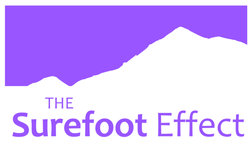|
Our HeatHack project needs someone to help coordinate our activities!
A small team of people from across Surefoot and the HeatHack group of volunteers will be working together to deliver a programme that will help churches across Scotland understand what a net zero future means for their premises. The programme combines some technical learning and engineering investigation of heating and ventilation systems with Surefoot’s hallmark community engagement approach. If you are organised and able to work independently, using your own initiative, to complete tasks without supervision and this sounds interesting, please read the role description below. If it seems a fit, please apply with your CV and a 1 page cover letter by 5pm 25 May to [email protected] Interviews 1 June 2022 For informal discussion of the role, contact [email protected] HeatHack Project Administrator Role Role Purpose: to provide administrative support to a programme that will help churches understand what a net zero future means for their premises.
Applicants with an interest in community engagement practices, net zero buildings, engineering, data visualisation, or graphic design could by mutual agreement additionally contribute to the programme design. Closing date: 25 May 2022 5 pm. Interviews will be held 1 June 2022. To apply, send your CV and a 1 page covering letter to [email protected]. We welcome all applications – we hire based on merit. Project Administrator Role Description Key Tasks
Required Experience/Skills
Desirable Experience/Skills
Background Information The Surefoot Effect CIC is a Community Interest Company that helps communities, businesses and governments put sustainability and resilience at the heart of what they do. Our approach encourages people to explore their emotions, motivations and behaviours and to make positive changes for themselves and their communities. HeatHack is a volunteer group that has been helping churches understand energy efficiency, heating performance, and thermal comfort in their worship spaces and halls. For this project, a small team of people from across Surefoot and HeatHack will be working together to deliver a programme that will help churches across Scotland understand what a net zero future means for their premises. The programme combines some technical learning and engineering investigation of the premises and its heating and ventilation systems with Surefoot’s hallmark approach, and consists of four small group sessions followed by a public activity for the wider community. Each week, the groups will read material that introduces some basic concepts, hold discussions that that explore what’s right for their community and their buildings, and carry out an exercise that will build up a profile that they can use to discuss their aspirations for the future with professionals and the wider community. The groups will be aided by devices that capture temperature data from their buildings. The project will deliver the programme to 40 small groups involved in running church premises from across Scotland and produce open content materials for use more widely. For informal discussion of the role, contact [email protected]. www.surefoot-effect.com www.heathack.org
5 Comments
With the charity Climate Ed's carbon literacy programme, students, teachers and volunteers have a tool to tackle climate change challenges. "I enjoyed it because it inspired me to do more things to help climate change. It was all amazing," says a student participating. Chris, a scientist at Imperial College London said: "I was able to see another side to myself that I don’t get to utilise in my everyday job - so I learned a lot too." Ben Cuddon, founder of Climate Ed and director at Surefoot, says that young people are keen to learn and take action, but also points to a poll stating that 75% of UK teachers feel unprepared to teach about climate change. Climate Ed is stepping in to fill the gap, providing schools with a pre-packaged programme, delivered by trained volunteers, covering all the basics about climate science and, most importantly, how children and their families can take action by reducing their carbon emissions. Over time, Climate Ed aims to roll the programme out to primary and secondary schools throughout London and across the UK. They are interested in hearing from schools, councils and people interested in being volunteers. Please get in touch with Climate Ed if you would like to know more. The workshop 'Anchoring Communities and Organisations in Resilience,' part of the Erasmus+ project Breakthrough for Resilience: People, Places and Communities, took place in February 2022.
Surefoot led participants in the use of six community resilience tools:
Participants actively engaged with the tools and identified ways they might help in their own communities. Some of the feedback given by participants: "I hope to use Pro Action Cafe with group setting up community garden." "I'll share the Sociocracy ideas this very week with a community led activity centre in a disadvantaged neighbourhood nearby." "Sociocracy sounds like an interesting alternative to consensus decision-taking, and well worth trying out. Time banking is a simple idea that I may try with church community." Our next step is to to record testimonies of people using resilience tools and create a series of short videos. If you want to help us out by doing a short interview about your journey of resilience, let us know! Please get in touch with Euri via [email protected] If you are interested in knowing more about our resilience workshops, please contact us on [email protected]. The project Breakthrough for Resilience is co funded by the Erasmus+ programme. Surefoot director, Pam Candea, invited to lead a session at The British School of Coaching.
Judith Barton, Founder, and Director of Coaching and Mentoring, at the British School of Coaching, invited Surefoot director, Pam Candea, to do a guest session at the BSC's networking event on 5 March - topic: Coaching for the Climate. As the climate emergency deepens, it impacts everyone in every walk of life in every part of the world now. The UK had 4 named storms in February, for example, and Sydney is subject to devastating flooding as this is being written. Coaches, particularly those working with corporate clients, can bring climate into their coaching to help their clients broaden their sphere of concern to include climate change impacts. As Martin Hill, Senior Tutor and Coach, BSC, pointed out during discussions, "In company law, a company director must act in the way s/he considers, in good faith, would be most likely to promote the success of the company for the benefit of its members as a whole, including, amongst other factors, the impact of company operations on the community and the environment." Feedback from the 40+ coaches at the event centred around one of Pam's favourite themes - that it was good to have time and space to focus on how to bring climate into coaching. Read more about how Surefoot can support your organisation or group with Peer to peer coaching and in reaching Net Zero. A piece of blank paper. It’s taken out of a packaging which states about the content, “A4, 500 sheets, FSC®Certified EU Eco label Recycled 100%, 80 gsm, 150 CIE.” Neither does it say magic nor time machine in the description, even though clearly everything can happen on a piece of paper. Your point of origin If you think about an event in your life when you were 7 years old it can take you to that very moment. Descriptions of surroundings, touch, smell, taste and dialogues create the portal activating your personal time machine. How you feel in this instant can be expressed on paper with words, drawings, paintings, mind maps or with music notes. Likewise, plans and sketches of everything from gardening, video making, sculptures to the community you dream of can be a building bricks for the future on a piece of paper. Processing feelings and creating envisaged solutions Climate change has an unquestionable effect on our lives. Our (lost) connection to nature is not only to be decoded in state of the world information available in graphs and statistics including species loss, increasing temperatures and carbon dioxide molecules in the atmosphere. How to express ecological grief, climate grief, any sadness experienced due to the loss caused by environmental destruction or climate change? Artistic expression can be one of many ways to face one’s emotions. “Our response to this crisis may vary: from measured expressions of hope through to feelings of despair. Art is one way of articulating and processing these feelings and of sharing envisaged solutions,” states the University College London Hospitals NHS Foundation Trust. The Trust is behind the Health and the Climate and Ecological Emergency Exhibition website which displays submissions in different media such as painting, photography, print, sculpture, performance and video. The article, The art exploring the truth about how climate change began shows us that art can also bring insight about the causes and effects of climate change. This exhibition looks into the roots of global warming and how it impacts the developing world. It points out a link between the world's environmental issues, colonialism and slavery. Resilient narratives and creative steps for the future There are several creative, artistic tools available to us when wanting to go towards more sustainable living. Here’s a few on our list. At Surefoot we work with communities and individuals to strive towards net zero, promote low-carbon living and climate justice, build resilience and support mindful consumption. We often bring creative tools into our workshops when inviting participants to explore and share feelings and ideas. Please contact Surefoot if you would like to know more. To decode narratives as well as creating new stories about the natural world you might find the free online course in ecolinguistics funded by the University of Gloucestershire useful.
“Ecolinguistics provides tools for revealing the stories we live by, questioning them from an ecological perspective, and contributing to the search for new stories to live by.” The Scottish Communities Climate Action Network has created a Storyteller Collective. Please enjoy the first of a two-part short story ‘The Egg Hunter’ by Surefoot’s Gazelle Buchholtz, a story with a futuristic view into recovering what is first believed lost. Poems are known to evoke feelings and to make it possible to connect to oneself and surroundings. How does the poem ‘Kinship’ by Ursula Le Guin affect you? Please contact Surefoot if you would like to share any piece of magic which you find supportive in the ecological emergency. To change the future we need to change the present, but to do that we need to have the right conversations. That’s exactly what Alan Heeks and Pamela Candea understand when they work with local people using Future Conversations. Recently, Pamela worked with people from the Uist community, using Future Conversations to help outline a community-led local energy plan. Local Energy Plans To address the looming spectre of climate change and meet net zero targets it’s no longer enough to address the issues at an individual level. Of course, it makes an impact if we reduce our carbon output and eat less meat, but to make leaps forward collaboration is needed. One form of collaborative action on climate change is a Local Energy Plan (LEP) which is a community-led and government-backed process for helping people to identify areas of action in their local communities. Focused action for local climate change targets can then be made. The Island of Uist The Island of Uist is located in the Outer Hebrides off the North coast of Scotland, it is known for its natural beauty, but it’s also the place where local people from a variety of community groups are building a (LEP) with support from Community Energy Scotland and The Surefoot Effect. Surefoot trained a group of facilitators from across Uist to enable them to help local groups identify their needs and make changes to benefit the region and contribute to climate targets. A structured series of sessions, called Future Conversations, created by Alan Heeks, founder of Seeding our Future, was used as the basis for workshops for the facilitators to run with local community groups. “The changes to decarbonise the energy and travel infrastructure will be complex to implement,” said Pamela Candea, a facilitator and Managing Director of The Surefoot Effect, "but the good news is the Scottish government is encouraging groups to create these Local Energy Plans and has agreed to support the implementation.” “Often the changes needed in a local energy plan require large-scale infrastructure like wind turbines; however, the Scottish government is currently interested in supporting these initiatives and helping to ensure local people benefit from them. It’s a key step forward,“ she said. Local buy-in to infrastructure changes starts with including local people at the initial stages of planning and the workshops being run on Uist do just that. Future Conversations Future Conversations is a series of six workshops that train facilitators and empower local people to think about their energy needs for today and tomorrow. These can be adapted to local circumstances and requirements as was done for the project on Uist. This conversations series has been used in several communities across the UK, and more recently in online sessions. Community Action At the heart of a Local Energy Plan in collaboration with Future Conversations is a community spirit that strives to improve the planet by improving its local area. Measurable outcomes are achieved and new perspectives are developed through creative activities and local interactions. In this example, an area of Scotland, armed with a Local Energy Plan of their own, can then lobby the Scottish Government for the funding it needs to make practical changes. The road to Net Zero is not straight and predictable, but if there’s one thing we can do it’s to empower local people to communicate, organise, and lobby governments for the actionable changes that fit their requirements so they can move to low carbon sustainable future. By James Bollen James Bollen is a digital writer and content creator. He writes articles and blogs in a wide range of niches including business and technology but has a particular interest in conscious living practices, nature appreciation, and creative pursuits. He lives in Glasgow with his partner and sibling cats, Hansel and Gretel. Image Credit |
�
AboutHere’s a collection of some of our articles which have been in our newsletters or published elsewhere.
Archives
May 2024
|
Sign up TO SUREFOOT NEWS >>The Surefoot Effect equips people, communities and organisations with skills for sustainability and resilience.
|
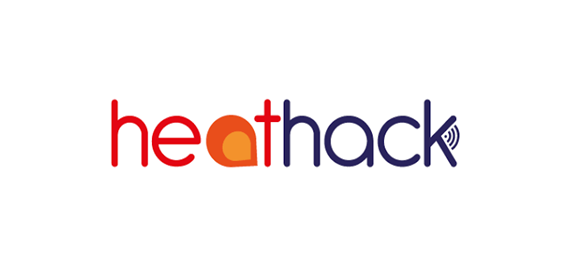
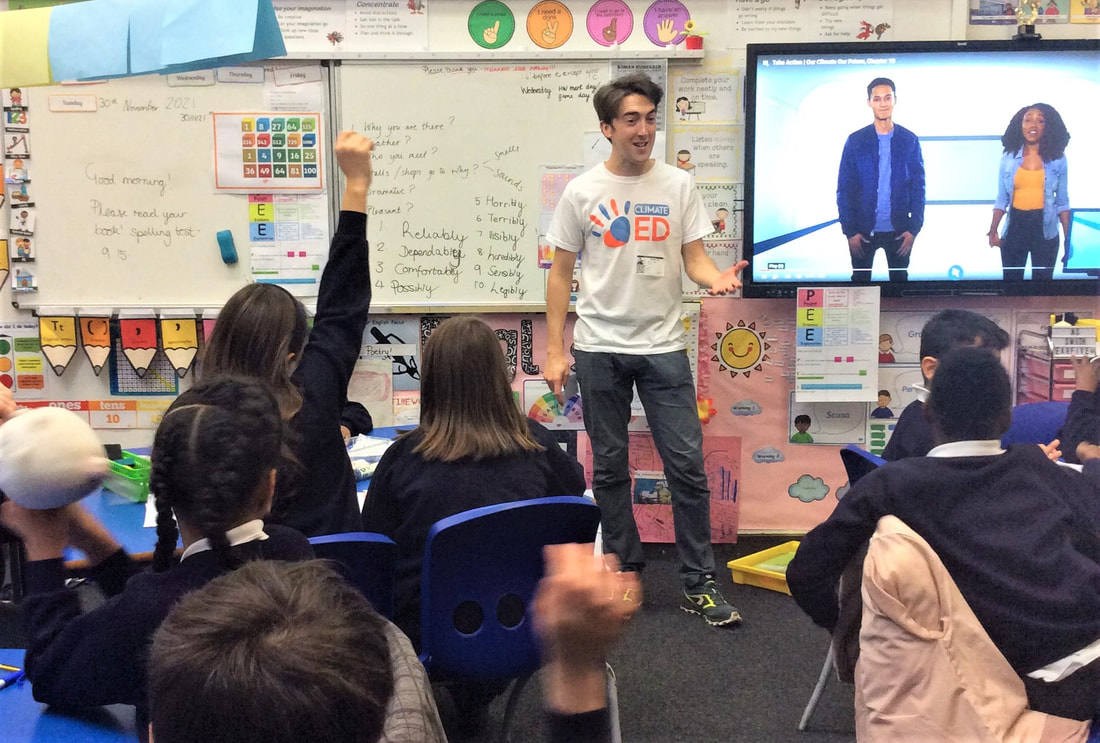
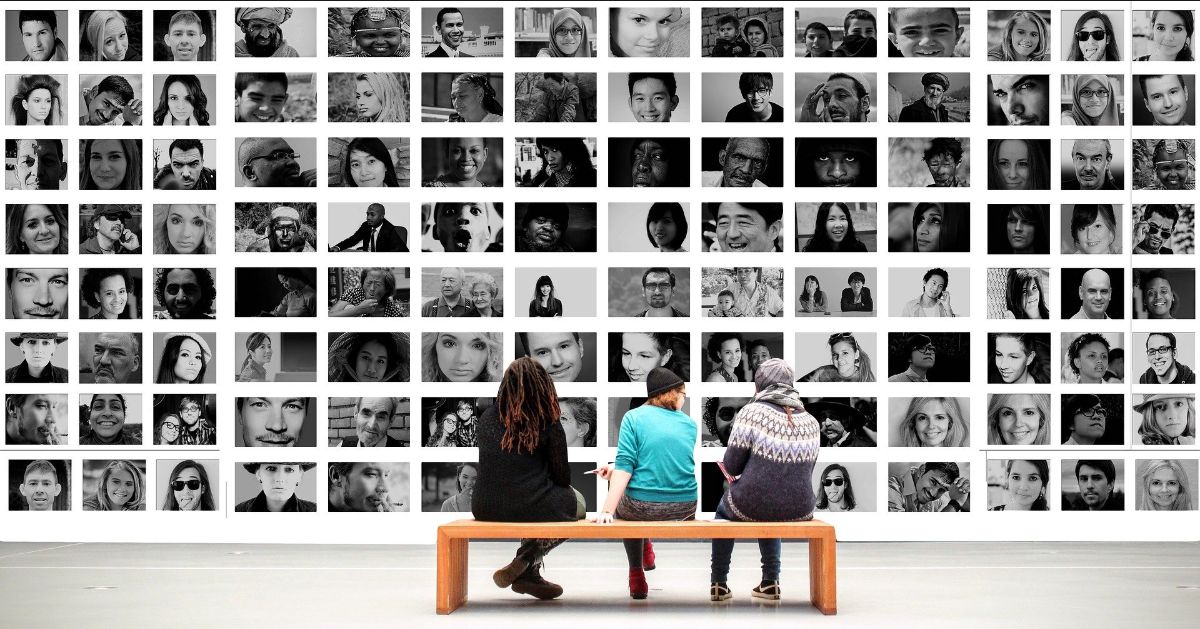
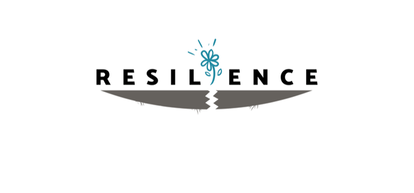

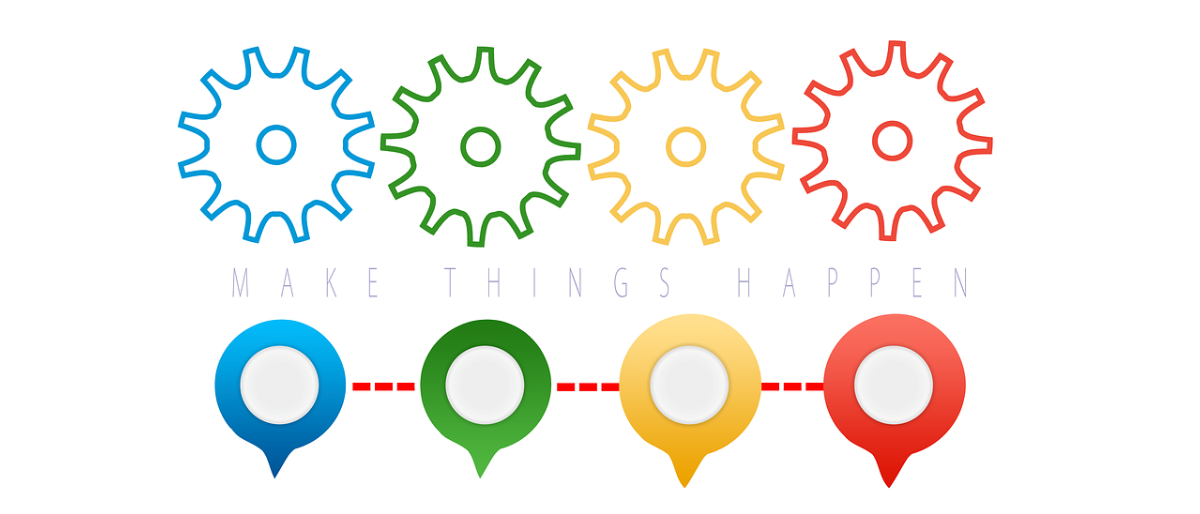
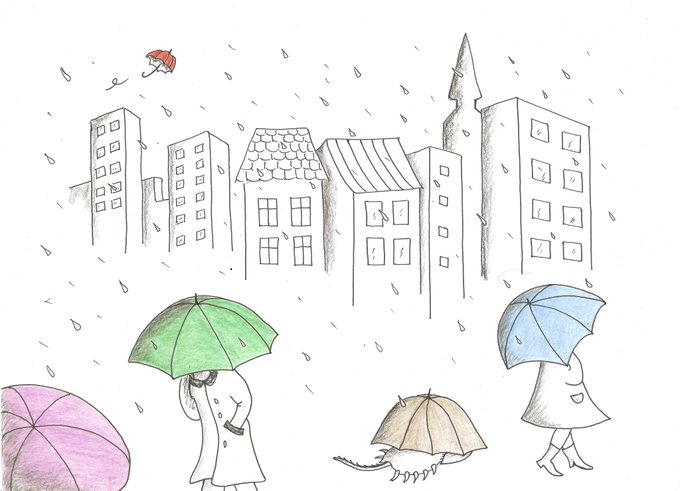
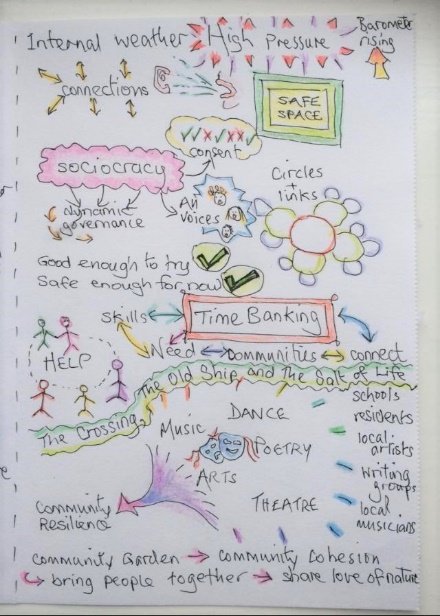
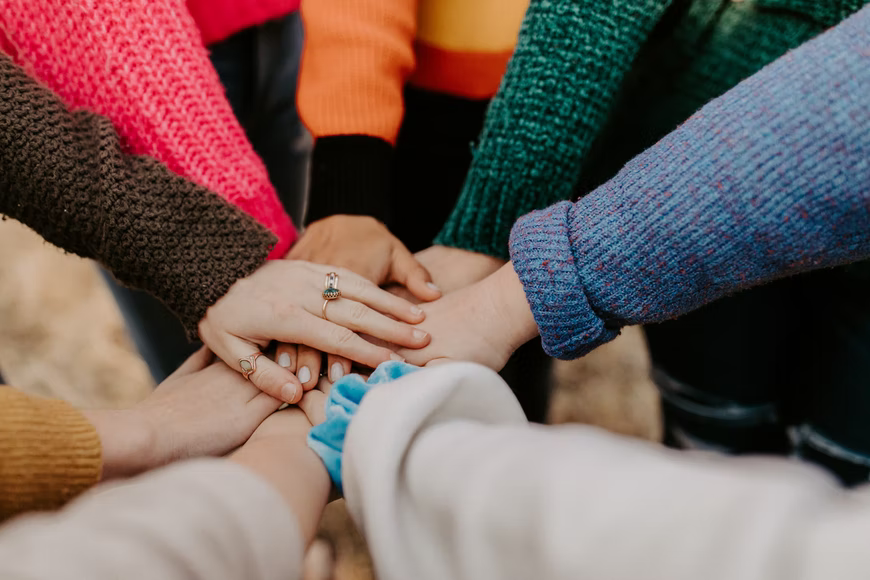
 RSS Feed
RSS Feed
